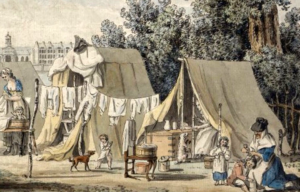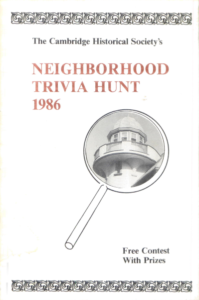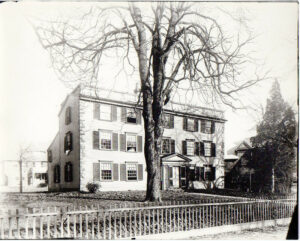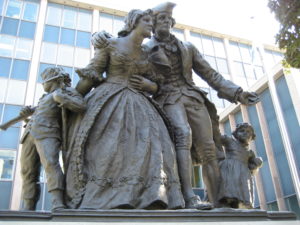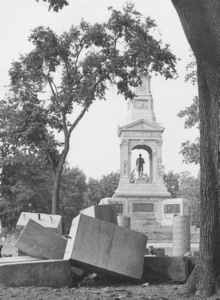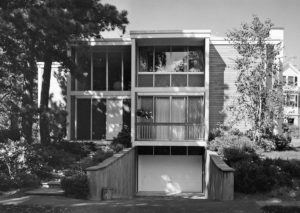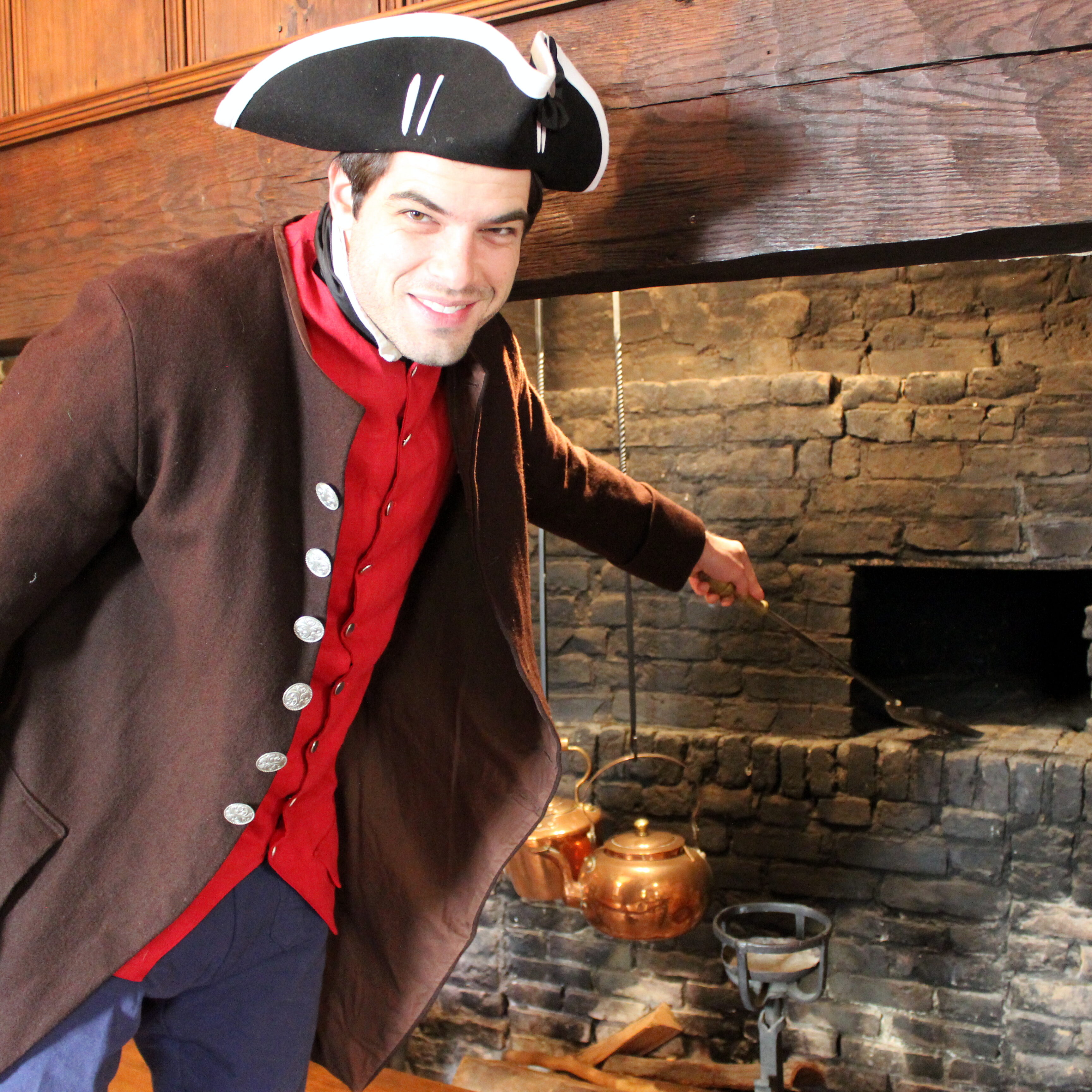
Self-Guided Tour: Cambridge and the American Revolution
Overview
Although there was never a declared Revolutionary battle fought on Cambridge soil, Cantabridgians witnessed more than their fair share of the war’s events. The town endured two military occupations, first by their own countrymen in the Continental Army, and later by their enemies, British General John Burgoyne and the Convention Troops. The town of Cambridge opposed early British parliamentary legislation and raised a militia. When it became clear a compromise could not be reached with Britain, and the pen was traded in for the sword, Cambridge generously contributed to the war effort. Cambridge citizens fought retreating Red Coats following the Battle of Lexington and Concord and later flocked to volunteer for the Revolutionary Cause.
This tour hopes to shed light on the Revolutionary events that occurred in Cambridge. It is intended to personify its leaders, highlighting both their strengths and their humanity. It also hopes to take the viewer back to a time before the United States was born, before the Constitution was ratified, and before an American victory was assumed.
Take a self-guided tour: download a program here.
Introduction to Cambridge and the American Revolution
The American Revolution did not start on the greens of Lexington and Concord when the Redcoats confronted a ragtag New England militia. It did not start in the streets of Boston when frustrated colonists threw snowballs at British soldiers and were met with gunfire. It did not start at Boston Harbor when resentful patriots dumped 342 chests of tea into the waters below. The seeds of revolution had been planted long before these famous events that we now identify as its first steps had even occurred, but the question remained of whether or not these seeds would ever grow. Revolution was not always desired or supported. Rather, it was met with contention, inspiring years of debate.
During this pre-Revolutionary era, Cambridge was a small town, consisting of approximately 1,500 inhabitants. Its residents were primarily from deeply religious New England families who had landed here over a hundred years prior. The town was unique on two counts. It was both the home of a local elite of prominent Tory families and the location of a distinguished higher education institution, Harvard College. Life for its people was typical of the times. Cambridge suffered through harsh New England winters, blistering summers, and small pox epidemics. Some of its wealthier citizens enslaved people from Africa. Even so, the enslaved population in Massachusetts remained relatively low in comparison to Mid-Atlantic and Southern colonies because affluent Northerners who profited off of the slave economy often owned immense sugar plantations in the Caribbean, where tremendous numbers of enslaved people lived, labored, and died.
The 1763 Peace of Paris that concluded the Seven Years’ War marked a new era in British-colonial relations. Since Prime Minister Robert Walpole’s lax enforcement of the Navigation Acts up to this point, the longstanding tradition of neglect, which had typified Britain’s relationship with the colonies and unofficially ensured relative autonomy of the local provincial governments, was now effectively over. The War had for the first time brought thousands of British soldiers to American shores, unavoidably highlighting the cultural divide between the British and the colonists that had arisen after generations of provincial settlement. The prominent Whig ideology coupled with the Massachusetts Puritan tradition left no place for the high culture of the British aristocracy common among the military elite. As British leaders arrogantly asserted their superiority, colonists quickly grew weary of their haughty leadership style. The provincials were therefore compelled to re-evaluate their place within the British imperial system.
With the peace, a strained relationship emerged. The British were convinced that the Americans had not paid adequately for the War, for British protection from internal and external enemies, or for the seemingly infinite unconquered American frontier. They reasoned that these provincials, as British subjects, should bear part of the British burden, and they planned to tax the colonies. However, American colonists who received no representation in Parliament, believed it was tyrannical for the British to tax them.
The victory also raised a series of daunting questions concerning the vast territories the British had acquired in the 1763 peace settlement. The government in London was forced to hastily devise a new system to defend and regulate all of its new land, while simultaneously struggling to control its mounting debt. This bureaucratic overhaul resulted in a more active British role in colonial life and politics. The new role was based on extracting resources from the colonies, enraging the provincials. The British did not fully understand the colonial political tradition that had been established during the earlier era of neglect. Their insensitivity and ignorance of it would give rise to problems, especially in the Massachusetts Bay Colony.

